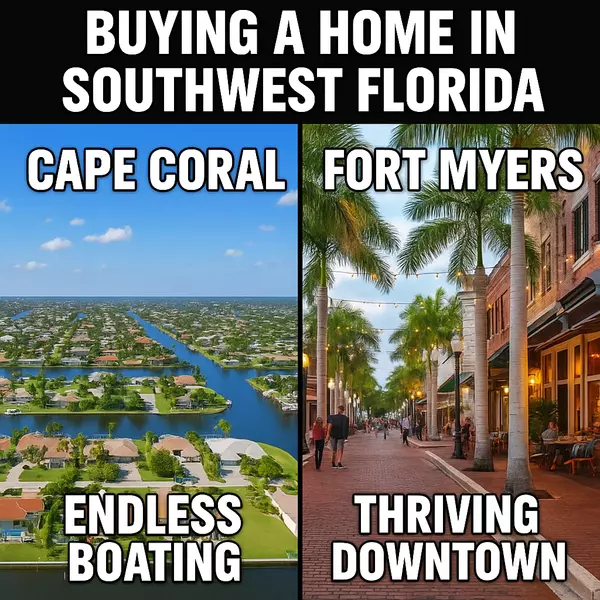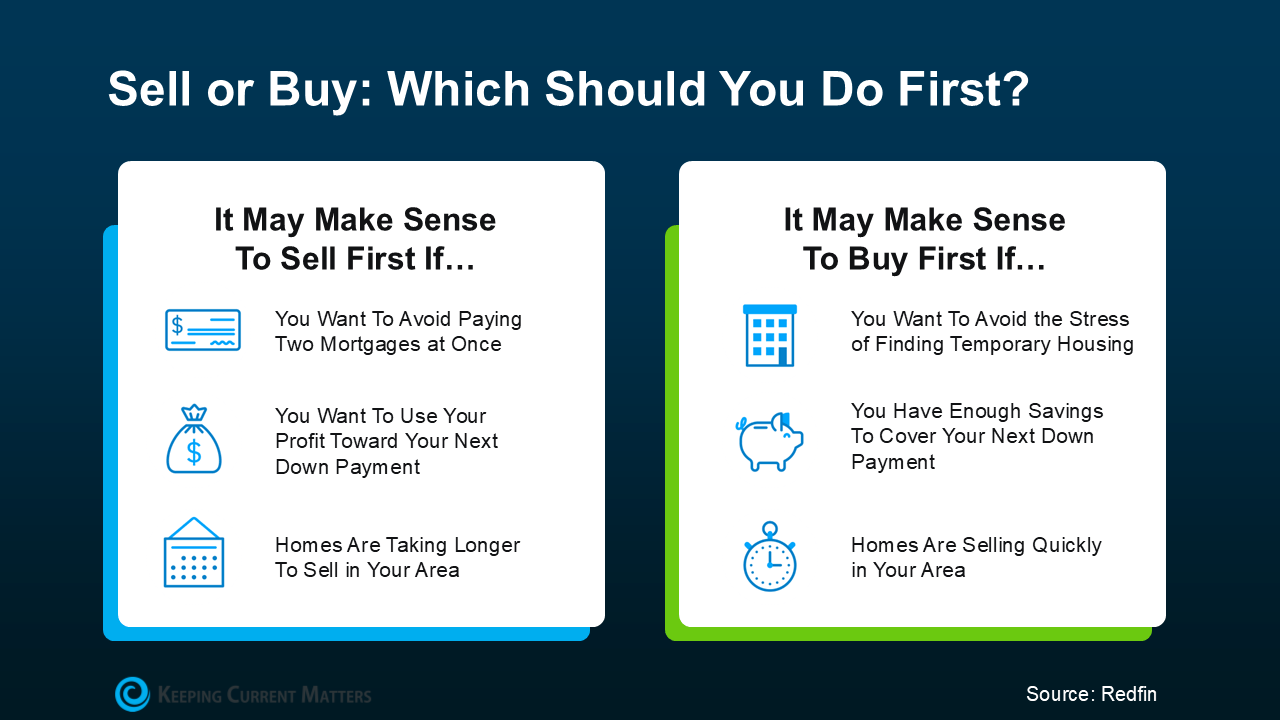Trends in Real Estate Over the Last 10 Years

What happened, where we’re at, and what to expect in the upcoming real estate market.
The real estate market has experienced significant fluctuations over the past decade. Despite its unpredictability, tracking trends remains crucial for understanding the market's dynamics.
 Residential Real Estate Since 2005
Residential Real Estate Since 2005
Early 2000s: The early 2000s saw a significant increase in homeownership, driven by accessible mortgage options and economic stability. However, the 2008 housing crisis led to a dramatic decline in homeownership rates, with an estimated one in 55 homes becoming foreclosed, marking a turning point in the real estate market.
2010-2015: Post-2008, the market began to recover as homes became more affordable. The Wall Street Reform and Consumer Protection Act, enacted in 2010, aimed to prevent future crises by improving financial regulation. During this period, the average homebuyer was around 50 years old, with younger generations less active in the market, primarily due to economic constraints and changing lifestyle preferences.
2015-2020: Federal housing aid improved, and mortgage lenders began requiring lower down payments, making homeownership more accessible. By 2017 and 2018, homeownership rates reached new highs. The 2020 pandemic caused an initial mortgage scare, but the market quickly adapted, leading to rising interest rates and housing costs hitting new peaks.

Southwest Florida Specific Trends
- Cape Coral Growth: Known for its extensive canal system, Cape Coral became one of the fastest-growing cities in Florida post-2010, attracting many new residents due to affordable waterfront properties.
- Fort Myers Real Estate Boom: Fort Myers saw significant growth from 2015-2020, driven by revitalization projects like the redevelopment of the downtown riverfront, which boosted property values and attracted new businesses.
- Lehigh Acres Development: Lehigh Acres experienced substantial residential development due to its affordability compared to neighboring cities, attracting both young families and retirees.
Changes in Buying vs. Renting
Renting has become increasingly popular since 2010, with nearly a 20% rise in renters. Factors contributing to this trend include the flexibility of renting, financial constraints faced by millennials, fewer couples having children, increased apartment development, and baby boomers downsizing to more manageable living spaces.
Surprising Increase in Buyers After 2020:
Despite the increase in renting, more buyers emerged post-pandemic, eager to invest their savings in homes. The market remains unpredictable, with people moving states and ongoing supply and demand issues.

Trends We’ve Seen
Rising Home Prices
Home values typically rise over time, reflecting economic growth. However, the market can be unpredictable, with prices fluctuating based on various factors.
Recession or Change
Economic crises, such as the 2008 housing crash, can cause home values to plummet. These downturns are often temporary, with the market eventually rebounding.
Rebound and Regulation
Following a crisis, the market typically rebounds, with home prices rising in high-demand areas. In other regions, prices may fall, and state housing aid may increase to balance supply and demand.
 What Is Happening Now?
What Is Happening Now?
Interest Rates
Interest rates are higher than pre-pandemic averages. Combined with rising inflation and a tight housing supply, these rates are likely to remain competitive, impacting affordability and borrowing costs.
Real Estate Investors
Investors are diversifying their portfolios, showing increased interest in land, mobile homes, and commercial properties. These new real estate options are becoming more competitive, reflecting changing investment strategies.
Downsizers
Current homeowners are selling their larger homes to buy smaller, more affordable ones. This trend is driven by the high costs of maintaining larger properties and the financial benefits of downsizing.
Technology Advances
The development of digital business operations has revolutionized real estate transactions. Increased reliance on technology means faster growth, more efficient capital allocation, and greater agility in the market.

SW Florida Specific Factors
- Pandemic Migration: The pandemic saw an influx of remote workers and retirees to SW Florida from the Northeast and Midwest, with cities like Naples and Fort Myers Beach becoming popular due to their warm climate and lower cost of living.
- Luxury Market in Naples: Naples continued to attract high-end buyers throughout the 2010s, with strong demand for luxury condos and beachfront properties.
- Environmental Concerns: Red tide and algae blooms have posed challenges, impacting property values along the coast. Efforts to address these issues are ongoing.
While history can hint at future trends, predicting the exact future is challenging. For those interested in real estate, understanding key economic influences is essential. Consult a real estate agent or mortgage broker to navigate the market effectively.
Categories
Recent Posts











